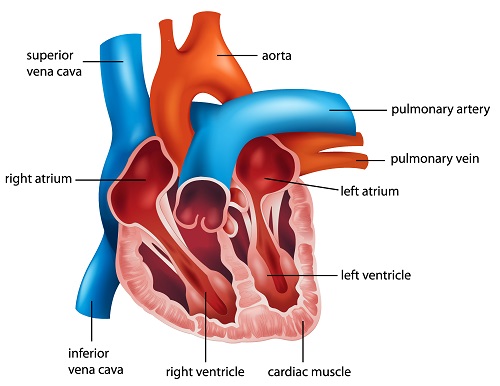Cardiac Care

- Smoking
- High blood pressure
- High blood cholesterol
- Diabetes
- Being overweight or obese
- Physical inactivity
Prevention
The key to preventing cardiovascular disease is managing your risk factors. But how do you know which risk factors you have? The best way to find out is through screening tests during an annual physical. Regular cardiovascular screening is important because it helps you detect risk factors in their earliest stages. Early detection allows patients to treat risk factors with lifestyle changes and pharmacotherapies, if appropriate, before it ultimately leads to the development of cardiovascular disease.
Few of us have ideal risk levels on all screening tests. However, if you do have test results that are less than ideal, it doesn’t mean you’re destined to develop a serious cardiovascular disease. On the contrary, it means you’re in position to begin changing your health in a positive way!
Annual Screenings and Lifestyle
Most regular cardiovascular screening tests should begin at age 20. The frequency of follow up will depend on your level of risk. For many patients, screening results can serve as a wake-up call. Higher than optimal cholesterol or body mass index, for example, may drive home the message that it’s time to modify your diet and get more physical activity. When the test comes back and you see abnormal numbers, it becomes personal. Suddenly, the idea of making lifestyle changes isn’t just a recommendation in a pamphlet. It’s something that can impact your life and health.
You will probably require additional and more frequent testing if you’ve been diagnosed with a cardiovascular condition such as heart failure or atrial fibrillation, or if you have a history of heart attack, stroke or other cardiovascular events. Even if you haven’t been diagnosed with a condition, your doctor may want more stringent screening if you already have risk factors or a family history of cardiovascular disease.
Specialized Testing
- Nuclear (Thallium) Stress Test
- Echocardiography
- Holter Monitor
- Carotid Ultrasound Imaging
- Electrocardiogram (EKG)
- Echocardiogram (ECHO)
- Thallium Stress Test
Call to Schedule an Appointment
Alpharetta Internal Medicine Office
1380 Upper Hembree Rd.
Roswell, GA 30076
Cumming Internal Medicine Office
950 Sanders Rd
Cumming, GA 30041

